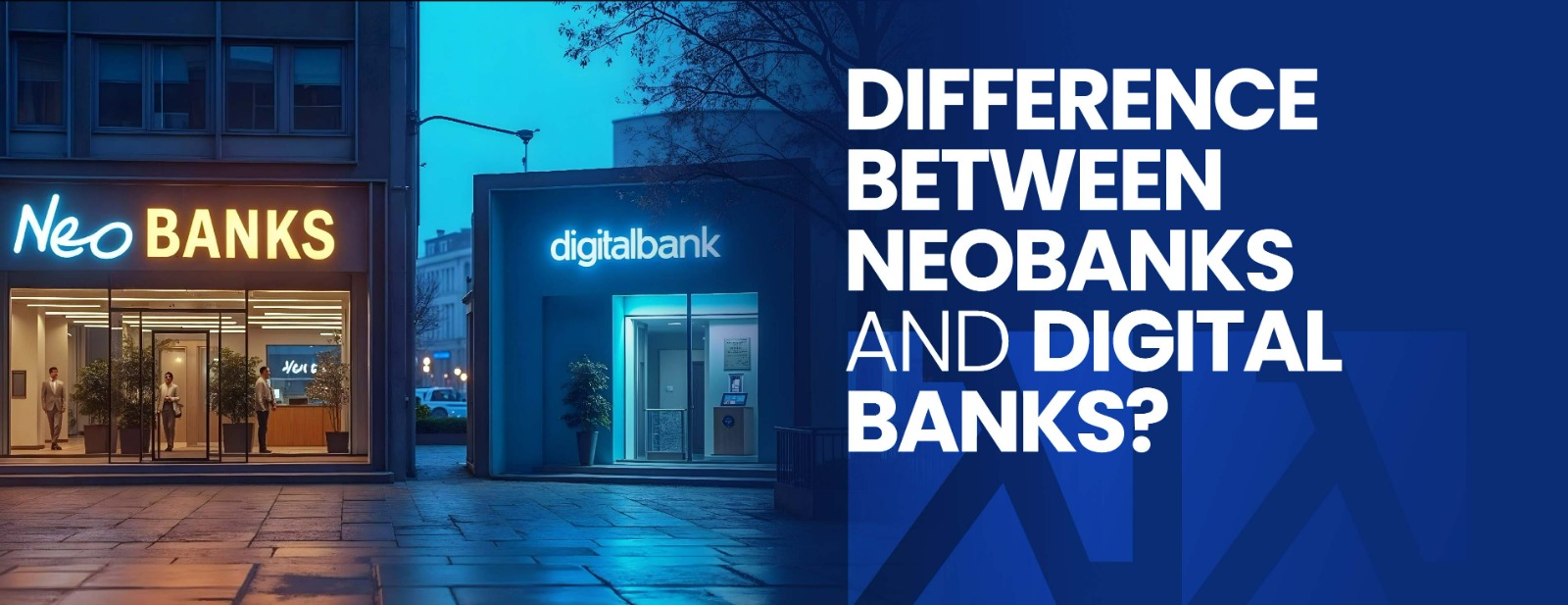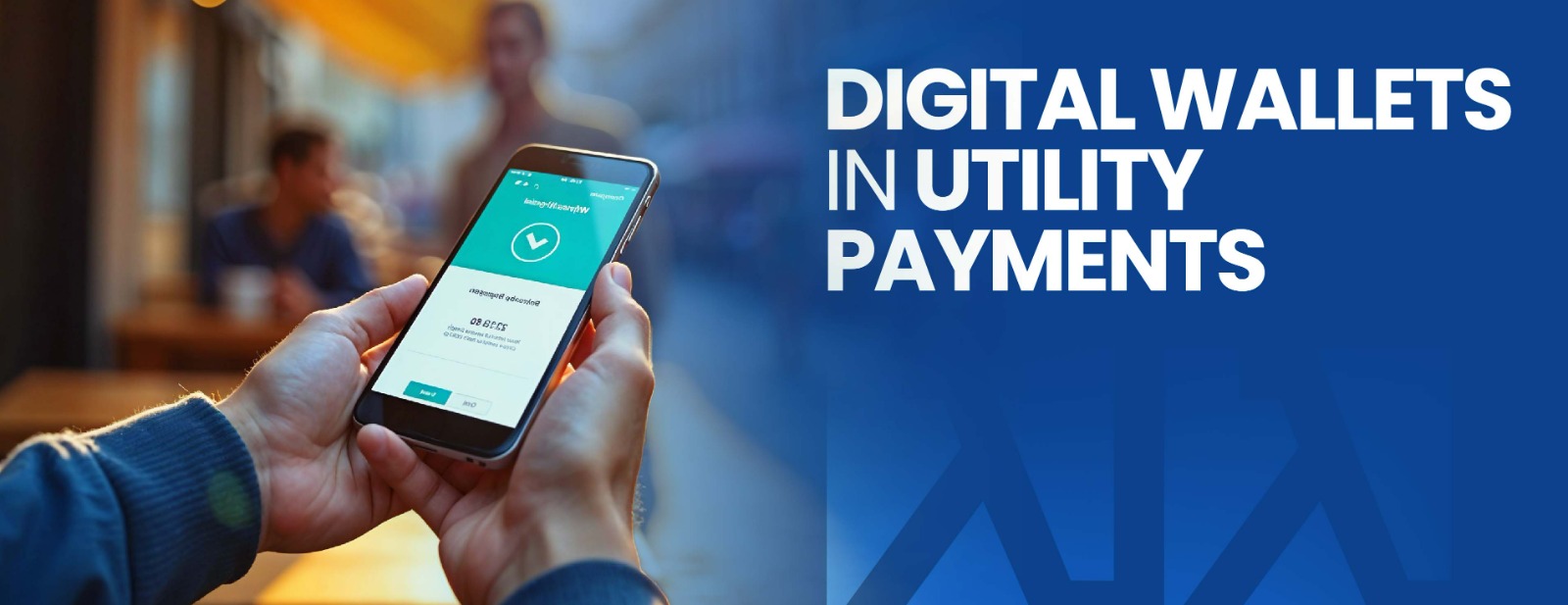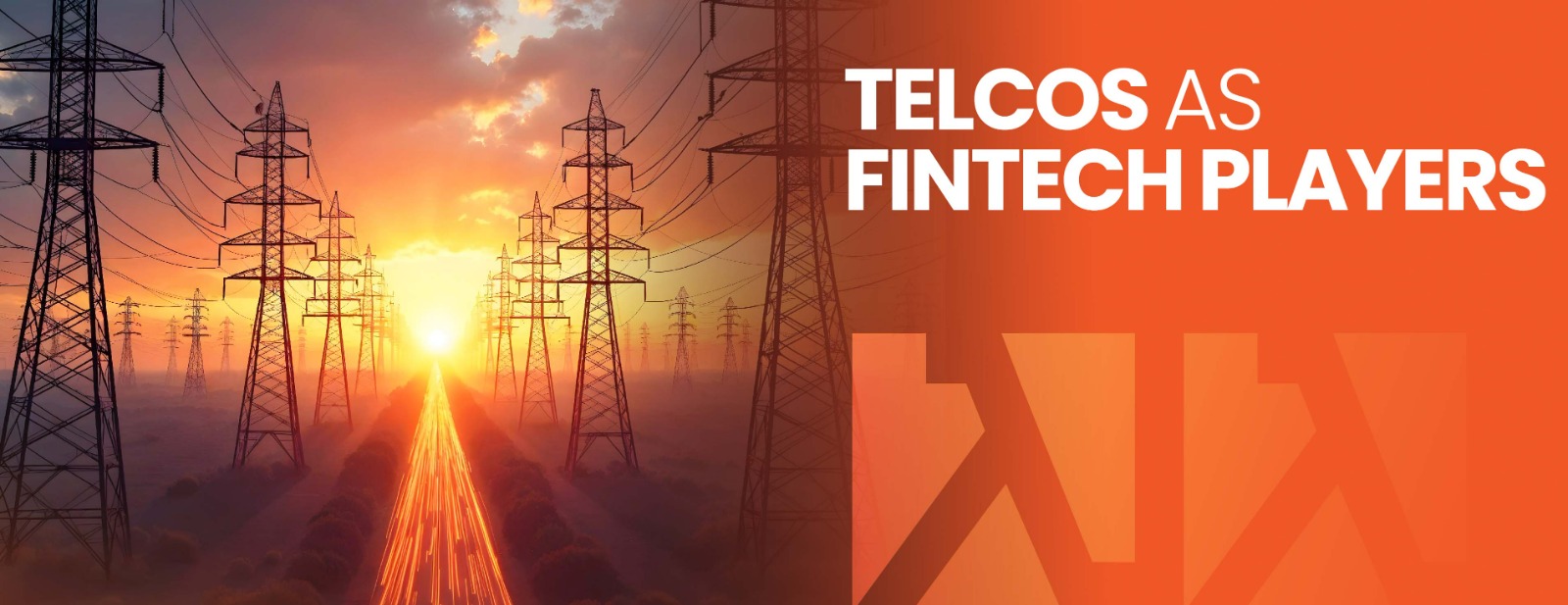We’ve all been to actual counters to pay our electricity, water, internet, and other monthly bills, haven’t we? I remember purchasing the paper recharge card to top up the balance on my phone number. We’ve all seen how we changed our payment habits from traditional to digital. Digital wallets play a significant role in this transformation. When digital wallets were first launched, the majority of individuals resorted to agents to pay their electricity bills. People are becoming more self-sufficient and conducting transactions on their own as they gain knowledge and expertise.
Digital wallets have swiftly altered the utility payment market, providing greater convenience to consumers while improving operational efficiencies for service providers. This shift to digital transactions not only simplifies payment processes, but it also promotes financial inclusion and modernizes traditional billing systems.
The Rise of Digital Wallets in Utility Payments
Digital wallets, which securely store users’ payment information on electronic devices, have experienced substantial growth in popularity. The global mobile wallet market was valued at $9.01 billion in 2023 and is expected to reach $81.82 billion by 2032, with a compound annual growth rate (CAGR) of 27.78% between 2024 and 2030.
This increase is fueled by the simplicity and quickness that digital wallets provide, making them an appealing option for a variety of transactions, including utility bill payments.
Benefits for Consumers
- Convenience and Accessibility: Digital wallets allow consumers to pay utility bills anytime and anywhere, eliminating the need to visit physical payment centers. This is particularly beneficial in regions where access to banking facilities is limited.
- Enhanced Security: Utilizing advanced encryption and tokenization, digital wallets provide a secure platform for transactions, reducing the risk of fraud associated with traditional payment methods.
- Financial Inclusion: Digital wallets are instrumental in bringing unbanked populations into the financial system. For instance, more than 5.3 billion users are expected to utilize digital wallets by 2026, representing over half of the world’s population.
Advantages for Service Providers
- Operational Efficiency: By integrating digital wallets, utility companies can automate payment processing, reducing administrative burdens and minimizing errors associated with manual handling.
- Cost Reduction: Transitioning to digital payments can lead to significant cost savings. For example, when consumers opt to receive digital statements in their wallets instead of paper, billers benefit from reduced costs.
- Improved Cash Flow: The immediacy of digital transactions ensures that payments are received promptly, enhancing the cash flow for utility providers.
Case Study: EZ-Link Wallet in Singapore
EZ-Link, which began in 2002 as a contactless card payment system for public transportation in Singapore, has since grown into a comprehensive digital wallet that incorporates mobile technologies. Singapore’s EZ-Link Wallet has transformed the way residents conduct their daily transactions. EZ-Link began as a payment method for public transit, but it has since extended to encompass utility bill payments, retail sales, and online transactions. The integration of wearable gadgets and mobile applications has increased consumer convenience, cementing EZ-Link’s role in Singapore’s transition to a cashless society.
Challenges and Considerations
Despite the benefits, there are still hurdles to overcome. Consumers continue to be concerned about fraud and data breaches, making security a key hurdle. According to one study, consumers experience challenges while paying for utilities digitally, including fraud, difficulty, limited payment options, and lengthy payment timeframes.
As a result, it is critical for service providers to develop strong security measures and educate customers on safe digital payment methods.
What’s Next for Utility Payments in Digital Wallets
The future of utility payments via digital wallets is expected to change as automation, AI-powered billing, and real-time transaction capabilities progress. As digital payment networks evolve, energy providers and fintech companies are looking for new methods to improve the payment experience for both consumers and businesses. One significant transition will be the rise of AI-powered predictive billing, in which digital wallets evaluate consumption patterns and automatically recommend optimal payment plans to consumers. This would reduce late payments and enable tailored billing cycles that better reflect clients’ financial patterns. Furthermore, the use of blockchain-based smart contracts could lead to more transparent and efficient payment processing, ensuring real-time reconciliation between service providers and financial institutions.
As utility payments improve through digital innovation, seamless, secure, and automated transactions will become the standard. Lambda Payments provides cutting-edge digital wallet solutions to businesses and financial institutions, enabling seamless utility bill payments, real-time transactions, and increased client convenience. Our scalable and secure platform enables seamless connections, guaranteeing that both consumers and service providers benefit from a quick, dependable, and future-ready payment environment. Join us in revolutionizing utility payments through our innovative digital wallet solutions.








